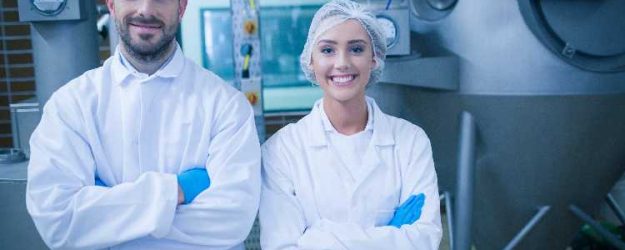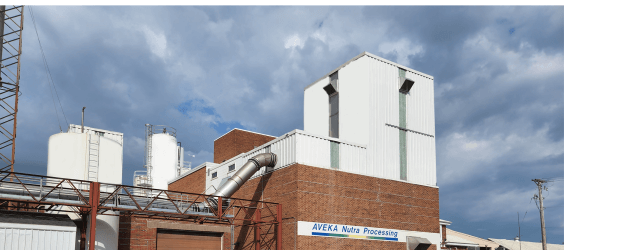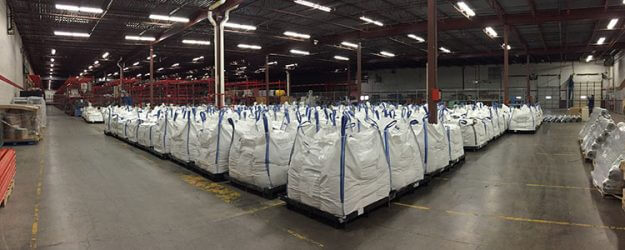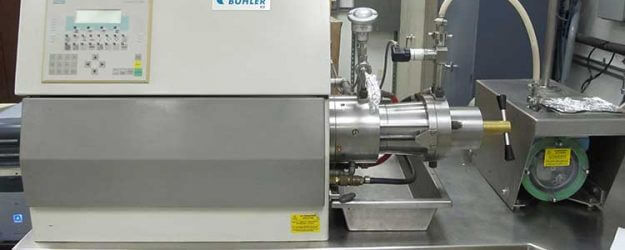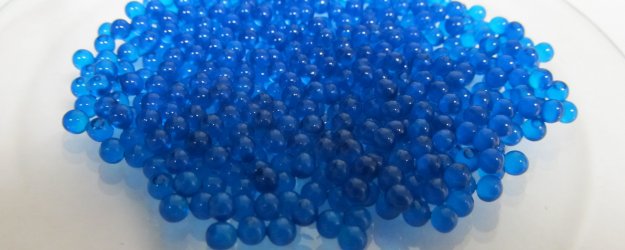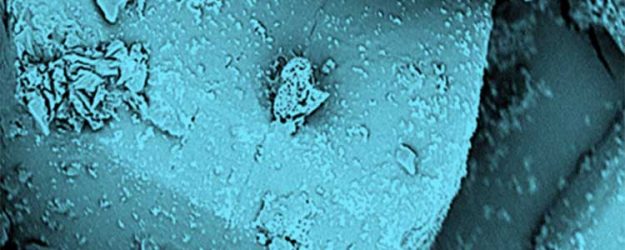How does the Evaporation Process work?
Evaporation is a process that removes water content from a liquid stream in order to increase the solids content of the solution. AVEKA has two food grade evaporation units operating in GMP compliant food facilities capable of evaporating 140 to 1,400 kg of water per hour depending on the solution. When evaporation is complete the final solution can be packaged into pails, drums or totes for shipment to the customer. Moisture content is measured using an Ohaus Moisture balance.
AVEKA can process both Kosher and non-Kosher material and has the capability to perform liquid blending, solids addition, or reactions prior to evaporation. Evaporation is often a preferred method of processing solutions that are heat-sensitive or contain oils or sugars.
Create microbial shelf stable liquid, with liquid blending capabilities and a reduction in the water content to transport.
